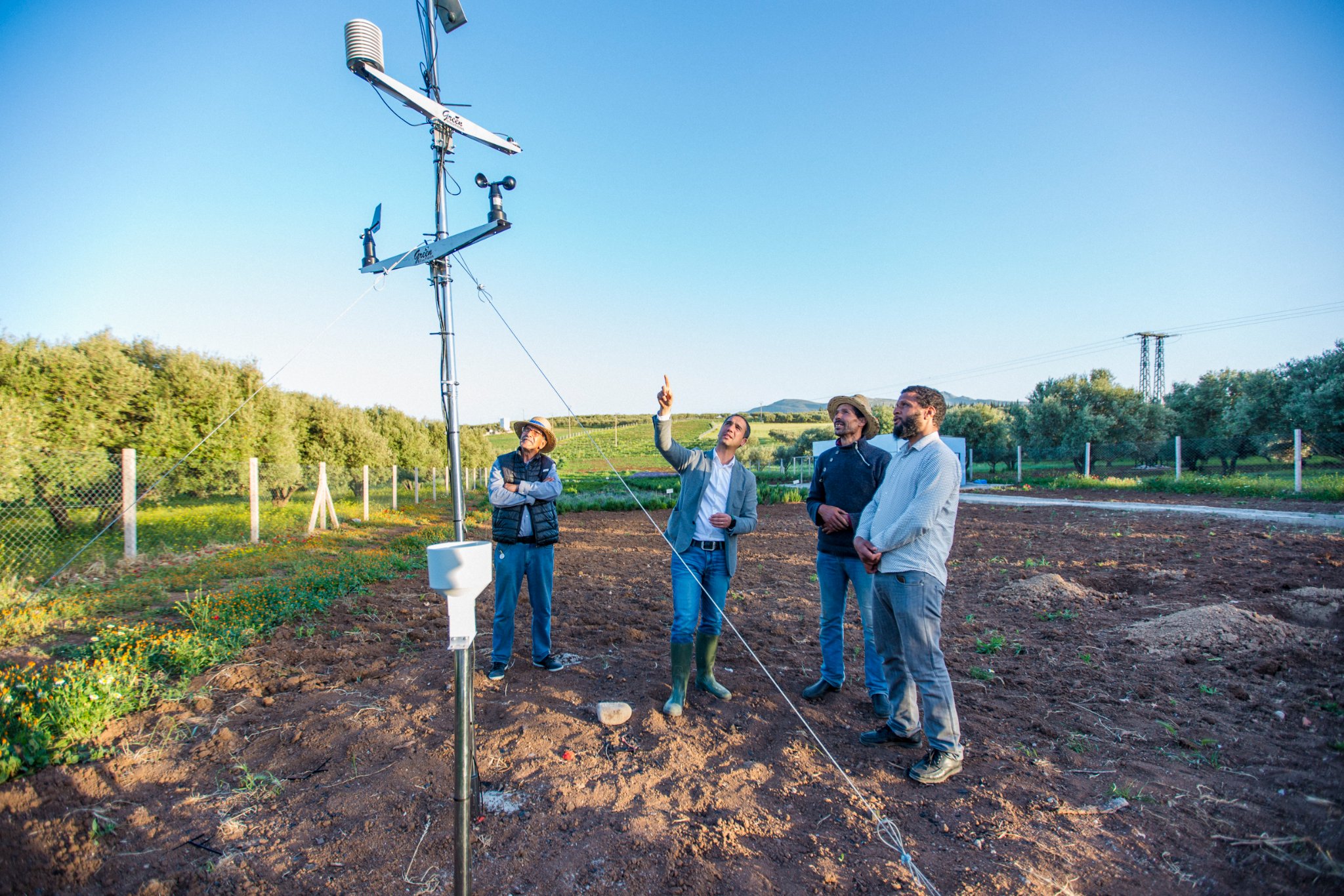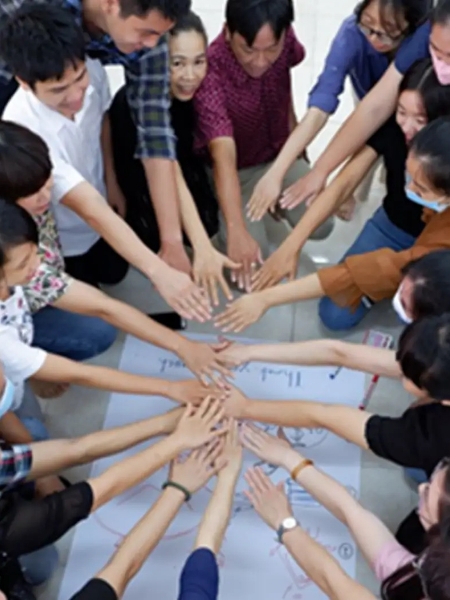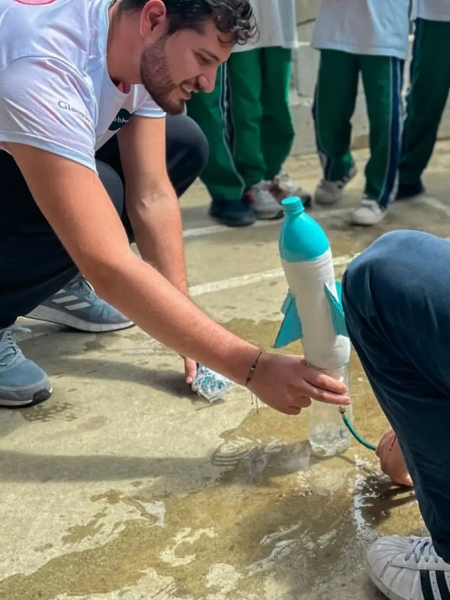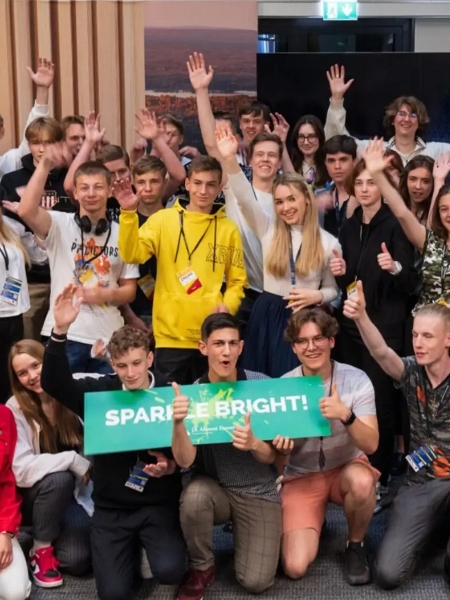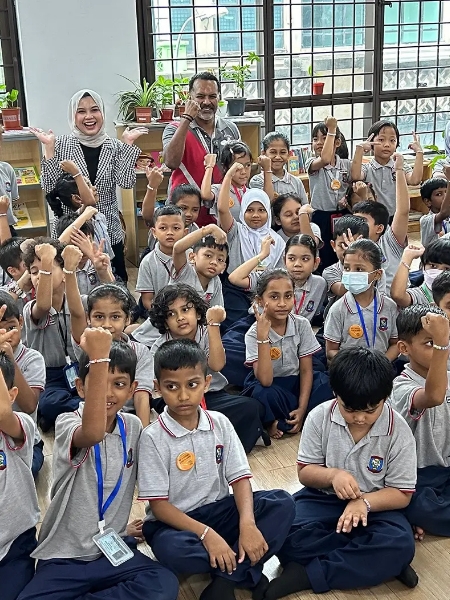Green OpenLab Foundation
Think Human Fund
Mission & History
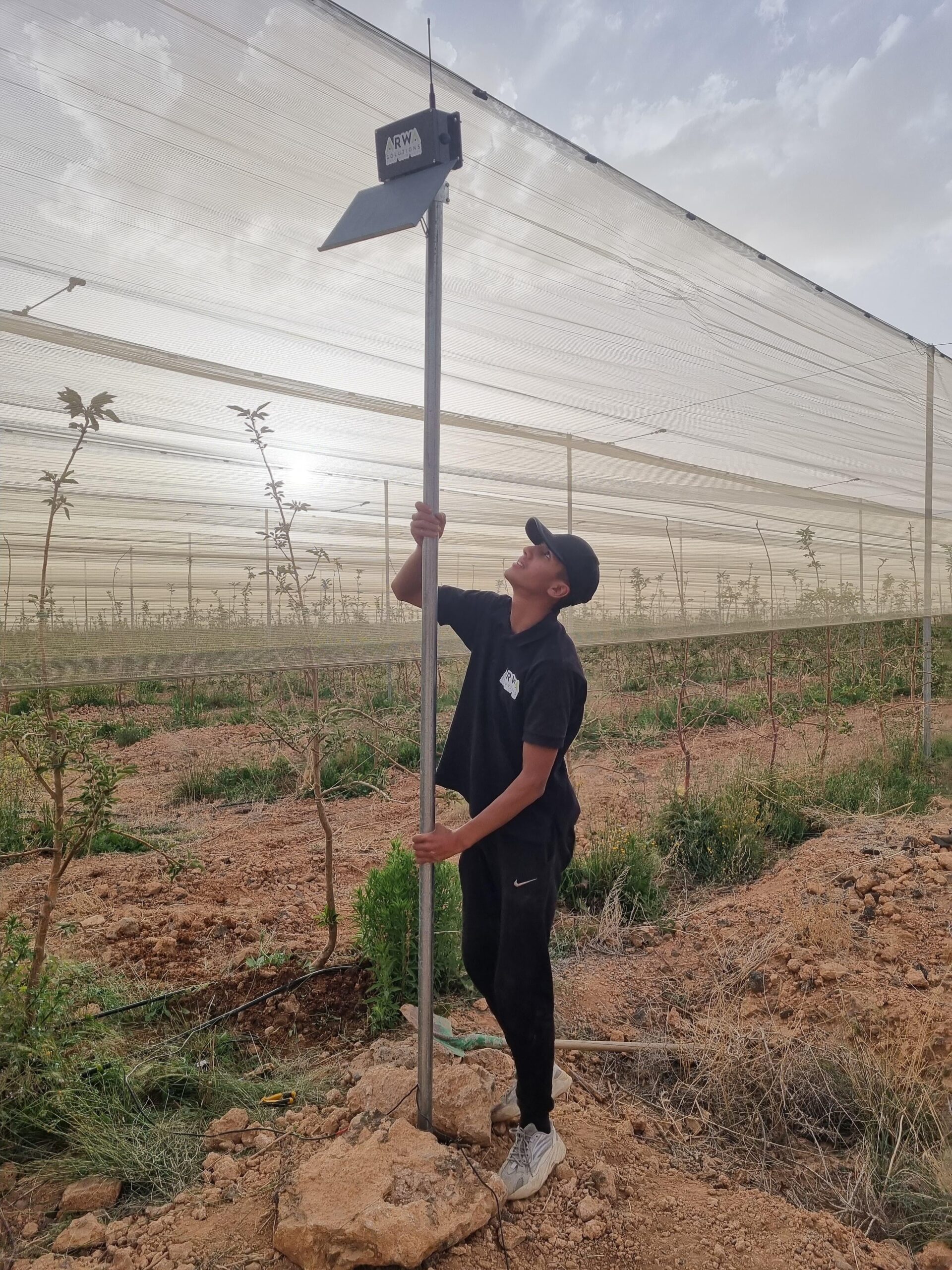
Country Information
The Need
The project aims to address the challenges farmers face in managing water resources effectively. A major issue for the beneficiaries is the limited access to advanced technology and expertise for optimizing irrigation practices. Many farmers currently use inefficient methods, resulting in water wastage and negative environmental impact. By offering smart technology, training, and support, they seek to empower farmers to improve their practices sustainably. This initiative will enhance productivity and resource management for farmers while also supporting broader environmental sustainability and community well-being.
The Project We Fund
This is an embarkment on an ambitious project “Enhancing Sustainable Agriculture Through Smart Technology and Community Support.” This initiative directly addressed the pressing challenges faced by Moroccan farmers, particularly in water management and crop productivity. The approach was multifaceted, beginning with the installation of smart sensors designed to continuously monitor soil conditions, weather patterns, and crop requirements. These sensors were pivotal in crafting customized irrigation schedules, ultimately saving significant amounts of water and increasing agricultural productivity.
The project also placed a strong emphasis on education, offering targeted training sessions for farmers on utilizing these sensors effectively, interpreting the data they generate, and implementing sustainable irrigation practices. To ensure continuous learning, a suite of resources was made available, further empowering farmers with knowledge.
Additionally, the initiative established a robust support platform that served as a lifeline for farmers seeking assistance. This platform facilitated problem-solving and provided access to best practices in agricultural management. To cultivate a community spirit and enhance technological support, they trained volunteers who offered their expertise pro bono. These volunteers worked alongside farmers to help them adopt and adapt to new technologies and sustainable methods, reinforcing community collaboration and ensuring the project’s long-term sustainability. Through these combined efforts, the project not only improved individual farming outcomes but also strengthened the community’s capacity for resilience and innovation in agriculture.
The Result
To track the impact of the project, Green OpenLab Foundation employs a comprehensive approach encompassing several critical components. It begins with a Baseline Assessment, meticulously reviewing initial conditions such as existing irrigation practices, water usage, and crop yields to establish a foundational understanding of the starting point. As the project unfolds, Implementation Monitoring ensures that the setup of technology, training programs, and farmer support mechanisms proceed smoothly and effectively.
Data Collection plays a pivotal role, leveraging sensors to gather detailed information on water usage, soil moisture levels, weather conditions, and overall crop health. With these insights, the project assesses Performance Metrics, focusing on key areas like water conservation, improvements in crop yield, the broader environmental impact, and satisfaction levels among the farming community.
Feedback Mechanisms are integral to the process, enabling the collection and application of farmer insights to refine and enhance the program continuously. Regular Evaluation sessions are conducted to measure the program’s influence on both the livelihoods of individual farmers and the sustainable practices they adopt.
The process rounds off with Comparative Analysis, comparing post-implementation outcomes against the baseline metrics to quantify improvements accurately. Stakeholder Engagement is vital, involving collaboration with farmers, partners, and local authorities to disseminate insights gained and further enhance the program’s reach and effectiveness through shared knowledge and collective action.
2025 Midterm Report
Green OpenLab Foundation targeted the pressing need for sustainable agriculture among Moroccan farmers, emphasizing water conservation and crop yield improvements. The organization deployed Arwa technology to five farmers, initiating real-time monitoring of irrigation systems, soil moisture, and crop health. This approach aimed to counter challenges faced by farmers, who were largely influenced by unpredictable weather patterns. The implementation led to the restoration of 20.9 hectares of land, saved 3,600 liters of water, and supported five farmers directly, impacting 400 workers indirectly.
Training and follow-up initiatives were key components of the strategy. They facilitated three months of structured agricultural training and developed customized fertilization programs for each farmer. The technological empowerment enabled the farmers to manage water use more efficiently, predicting a 15-20% increase in crop yields. Consequently, these farmers became ambassadors of innovation, promoting technological adoption within their communities. Through real-time problem detection and AI-driven decision-making support, the project significantly elevated their economic and social status. They planned a national phase-two expansion by engaging Farmers Unions throughout Morocco. This endeavor, supported by ongoing technical and equipment assistance, ensured that local farmers not only benefited from increased production efficiency but also contributed to a resilient, self-sustaining agricultural ecosystem.
Testimonies
“The Arwa technology has completely transformed how I manage my 8 hectares. Being able to see all the data in one place helps me make informed decisions about my farm. I’ve noticed significant improvements in irrigation efficiency since implementation – now I know exactly how much water is needed rather than guessing. The daily support from technicians has been invaluable; they call regularly to provide guidance on the fertilization program. I would absolutely recommend this technology to other farmers in the region.” – Mouloud Belkhire, 32
“Since implementing Arwa, I’ve been able to reduce my irrigation time by one hour per day, down from the previous four hours. This has made a substantial difference in our water consumption while maintaining healthy crops. The dashboard is easy to access and I haven’t experienced any technical difficulties. As someone who manages hundreds of seasonal workers throughout the year, having precise data about soil humidity and irrigation needs has streamlined our operations considerably. I especially recommend this technology to farmers who are just starting out.” – Khalid el bazi, 39-
“The control I now have over my farm operations through Arwa has been game-changing. Before, we would irrigate all day without knowing if it was necessary, but now we can monitor soil conditions in real-time. The Green OpenLab Foundation provides excellent support – they have four team members who regularly call and visit our farm, plus they’ve created a WhatsApp group where we can get immediate assistance. As a young farmer at 25, having access to this technology and support network has accelerated my learning curve tremendously.” – Bader eddine sarghoun, 25

